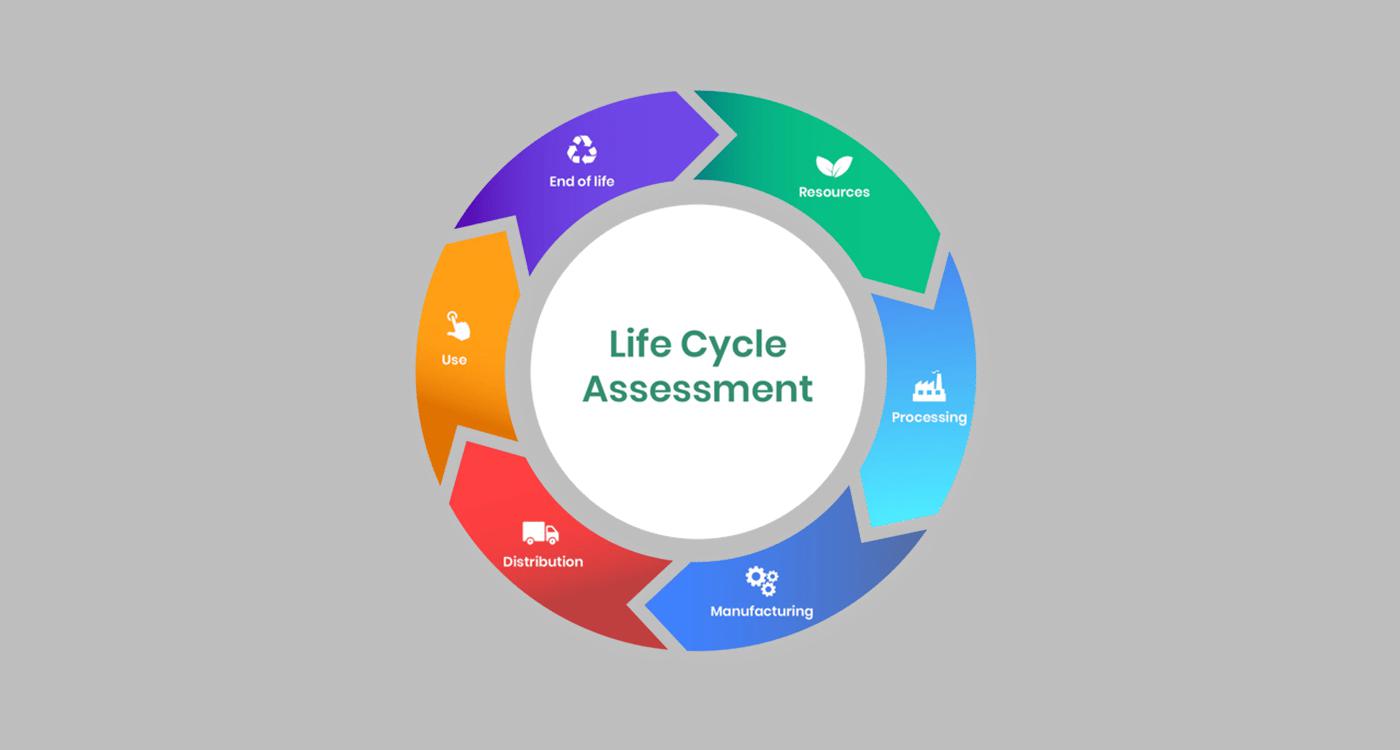Lifecycle Assessment (LCA) Services: Measuring Environmental Impact at Every Stage
Understanding the full environmental impact of a product or process is essential for making informed, sustainable decisions. Lifecycle Assessment (LCA) is a powerful tool that evaluates the environmental effects associated with all stages of a product's life — from raw material extraction to end-of-life disposal.
What is Lifecycle Assessment (LCA)?
LCA is a systematic method for assessing environmental impacts across the entire lifecycle of a product, process, or service. It considers:
- Raw material extraction
- Manufacturing and processing
- Distribution and transportation
- Usage
- Disposal or recycling
The goal is to provide a holistic view of environmental performance, helping organizations make data-driven decisions that reduce their ecological footprint.
Key Benefits of LCA
- Identify Hotspots: Pinpoint stages with the highest environmental impact.
- Support Eco-Design: Develop more sustainable products by understanding material and energy flows.
- Enhance Transparency: Demonstrate environmental responsibility to consumers, investors, and regulators.
- Comply with Standards: Align with ISO 14040/14044 and support Environmental Product Declarations (EPDs).
Applications of LCA
- Product Development: Improve design choices based on sustainability metrics.
- Corporate Sustainability Reporting: Strengthen ESG disclosures and GHG reporting.
- Environmental Marketing: Substantiate green claims with credible data.
- Regulatory Compliance: Meet requirements for green certifications and government policies.
Our LCA Services Include:
- Goal and Scope Definition
- Life Cycle Inventory (LCI) Analysis
- Life Cycle Impact Assessment (LCIA)
- Interpretation and Reporting
- Scenario Analysis and Eco-Design Consulting
- Support for EPD and Carbon Footprinting
Why Choose Us?
Our LCA experts combine technical rigor with practical insights to help your business:
- Minimize environmental impact
- Gain competitive advantage
- Meet customer and regulatory expectations
Conclusion
Lifecycle Assessment is a vital part of any sustainability strategy. By understanding and reducing the environmental impacts of your products and operations, you not only protect the planet but also position your brand as a leader in sustainability.

